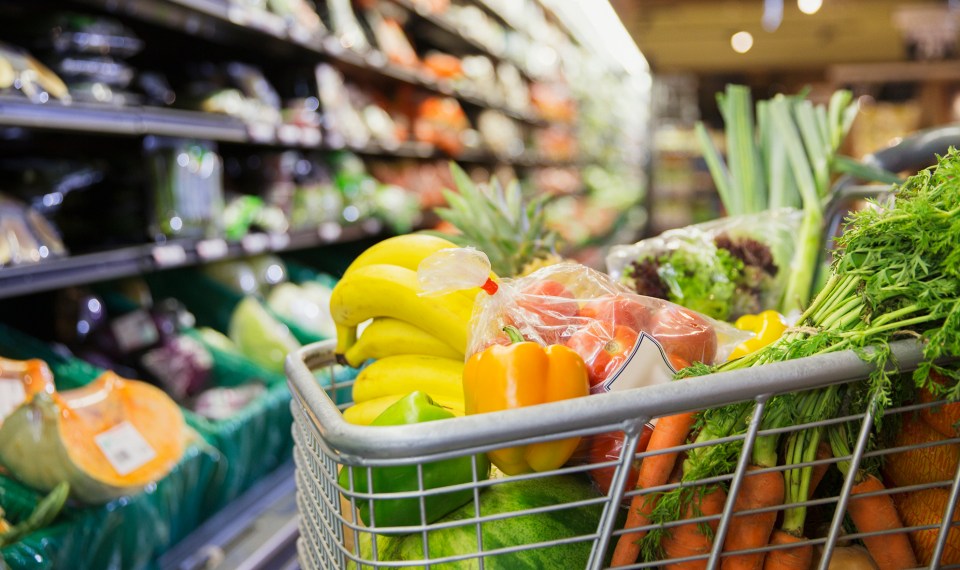When you think of bone health, and the perfect supplements to support it, what’s the first thing that comes to mind? Calcium and Vitamin D, right? But what if I told you calcium and vitamin K2 might be the perfect match?
Don’t get me wrong, we need calcium, but it has a dark side that most people don’t know about. It’s not enough to just take calcium; we need to aim it at the bones. If we take calcium willy-nilly without paying attention to where it goes, it will end up in our soft tissues, like arteries and joints, and the last place we want calcium is in soft tissues as it can increase risk for heart attacks, stroke and pain.
Vitamin D is another popular nutrient that is big in the research world and is now even being prescribed for hospitalized patients. Vitamin D can also be used to prevent falls. The doses can range anywhere from 1,000 IUs daily to 50,000 IUs weekly. Vitamin D increases the absorption of calcium.
If you take calcium with vitamin D, you will absorb more of the calcium. That might seem like a good thing, but if you don’t have enough vitamin K2 on hand, the calcium will end up where you don’t want it.
Vitamin K2 activates a protein called matrix GLA which removes calcium from soft tissues and it also activates osteocalcin, which holds calcium to bone. So, if you have a lot of calcium, you need vitamin K2 to direct it. Think of parking attendants at large events; they tell you where to put your car. K2 tells you where to put calcium. When it comes to calcium, where it ends up is what counts, not how much you have.
Here are some tips to support healthy bones without risking a heart attack:
Get Calcium from Food First
Good sources include sardines, salmon with soft bones, green leafy vegetables, broccoli, dried beans and peas, sesame seeds, and dairy for those who can tolerate it. The Dietary Guidelines for Americans also offers an extensive list of food sources for calcium.
Take Calcium and Vitamin K2
Limit calcium supplements to 500 mg daily. You can take up to 300 mcg daily of MK-7, a form of vitamin k2. In foods, vitamin K2 is found in natto (a fermented soy product), gouda and edam cheese and butter from grass-fed cows. If you are on coumadin, it is safe to take up to 50 mcg of vitamin K2 but you should always work with your physician when taking supplements.
Take Vitamin D If You Need It
It’s safe to take 1000 IUs of vitamin D daily and some people need 50,000 IUs weekly, but before taking high doses of D, you should get your levels tested and work with a physician. Supplemental D should be in the D3 (cholecalciferol) form not the D2 (ergocalciferol) form and you should have your levels checked every year or two.
Get Adequate Magnesium
Magnesium helps to convert vitamin D to its active form and a deficiency exacerbates inappropriate calcification, so you’ll end up with more calcium getting in your soft tissues. You especially need magnesium if you take a proton pump inhibitor for acid reflux.
When it comes to bone health, vitamin K2 is the nutrient you want to pay the most attention to. Calcium is only good if it is aimed appropriately and vitamin K2 is the bow that shoots the calcium into the bone.
The content of this site is for informational purposes only and should not be taken as professional medical advice. Always seek the advice of your physician or other qualified healthcare provider with any questions you may have regarding any medical conditions or treatments.



